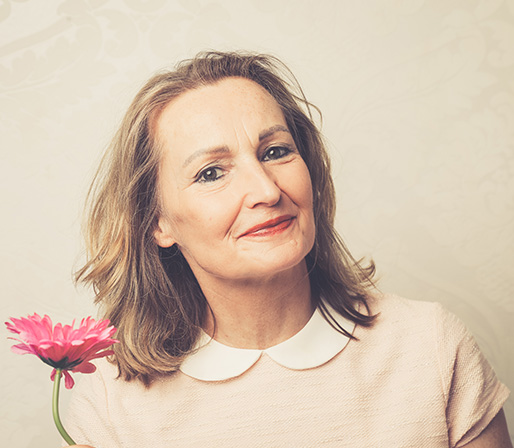*Ich bin O.K. – Kultur- und Bildungsverein der Menschen mit und ohne Behinderung
*mdw (Universität für Musik und darstellende Kunst Wien)
- contact person: Ass. Prof. Dr. Beate Hennenberg (Tämä sähköpostiosoite on suojattu spamboteilta. Tarvitset JavaScript-tuen nähdäksesi sen.)
- contact person: Hana Zanin (Tämä sähköpostiosoite on suojattu spamboteilta. Tarvitset JavaScript-tuen nähdäksesi sen.)
Disseminating ALIISA Project in Austria and Germany
As it was the intention of the three years project to cooperate with other institution in our country or internationally, we had been successful to keep in contact with three German speaking institutions:
Universität Mozarteum Salzburg, Orff Institut Salzburg, AT; Anton Bruckner Privatuniversität Linz, AT; and Musikschule Fürth e.V., DE.
Additionally, to the final Multiplier Event in Vienna on June 12, 2023, the team of the two Austrian partners (Beate Hennenberg, Hana Zanin, Helga Neira Zugasti, Maria Dinold) decided to go to disseminate the major results of ALIISA project at these partner institutions.
On the weekend of May 5-6, 2023, we had been invited to join the 9th Fürther Inclusive Sound Festival at Kulturforum Fürth in Germany. The founder and director of this music school – Robert Wagner – had been included in the teaching team at our learning-teaching-week (LTT) in Vienna in March 2022, as a well experienced expert in in inclusive music making. Upon his initiative, the festival was organized already for the ninth time, and it was a thrilling time to see and listen to the various inclusive bands that performed on these two evenings. Three of our students of the Austrian edition of ALIISA continuing inclusive art education (ACIAE) were part of the performing ensembles and showed admirable artistic and pedagogical performances on stage. In the frame of a morning session, we sat together for a round table exchanging our thoughts between students and teachers. As well we came to know (future) organizers of a sound festival from Switzerland.
The second chance to spread the word about ALIISA project was our afternoon seminar in Salzburg, at the ORFF Institute, on May 9, 2023. A nice group of students and teachers of the institute listened to our presentations. We showed a short video about the work in the Ich bin O.K. -dance studio and presented a selection of important topics of the work that was prepared during the three years program. After an overview of the elements of the ACIAE curriculum, we discussed the importance of knowledge about developmental psychology when working in inclusive settings in music or dance. Finally, Beate Hennenberg explained some of the research results of the project.
The afternoon presentations at Bruckner Privatuniversität in Linz had been prepared in a similar way. There we were welcomed by the group of graduates of a recently established course called “Musik & Inklusion – Musizieren mit Menschen mit Behinderung”. Thus, or presented results were received with positive attitude as well. The discussion confirmed the need for more engagement for inclusive art pedagogy and all of the participants were invite to join our final event in June at mdw.
Author: Dr. Maria Dinold
Maria Dinold was Ass.Prof. at the University of Vienna, Centre for Sport Science and University Sports (1994 – 2018). As vice-chairperson of “Ich bin O.K.” (from 1983) she continued teaching and choreographing creative dance for people with and without disabilities. Her teaching experiences include creative inclusive dance workshops on national and international level as well as regular lecture and seminars and numerous congress presentations in the field of adapted physical activity. Her additional research focus and publications are in the fields of socio-psychological dimensions of disability, inclusion of people with disabilities through physical activities, and inclusive pedagogy.









